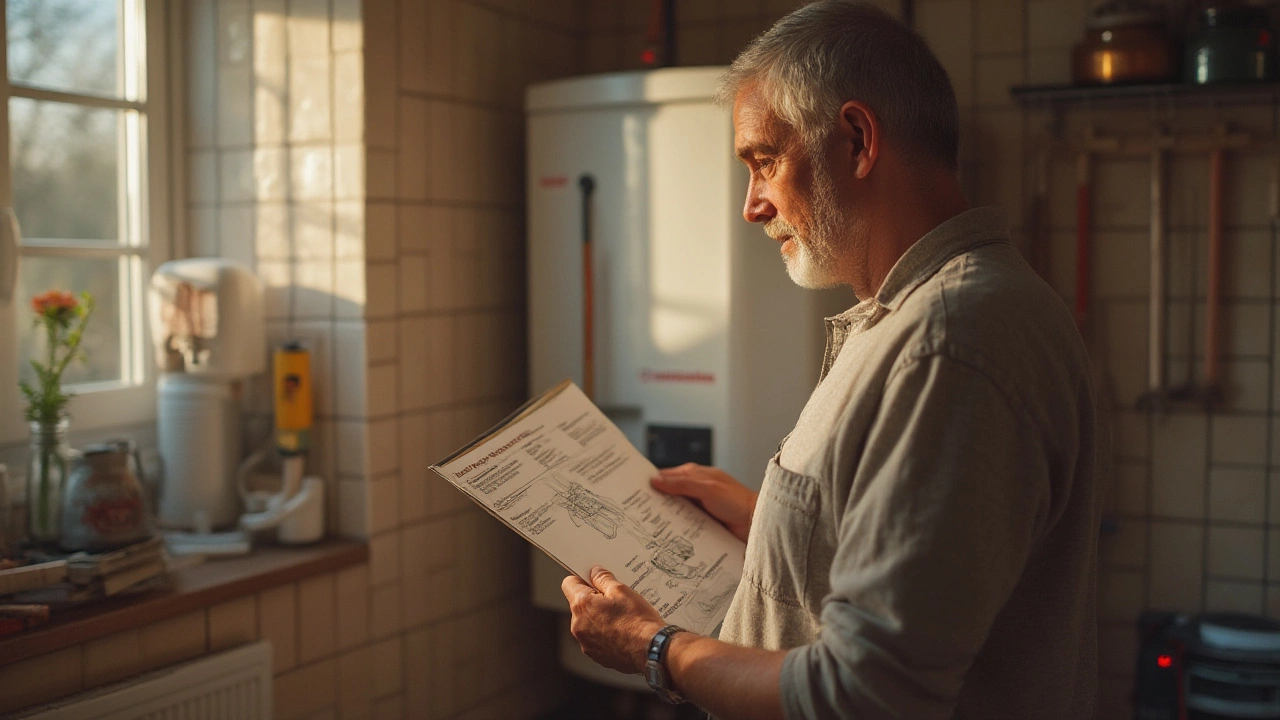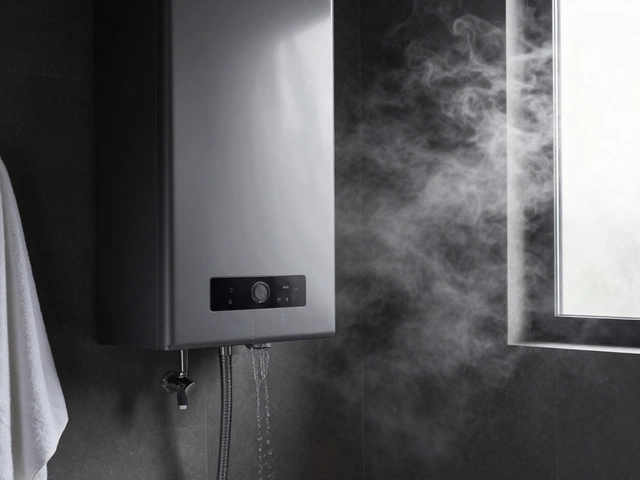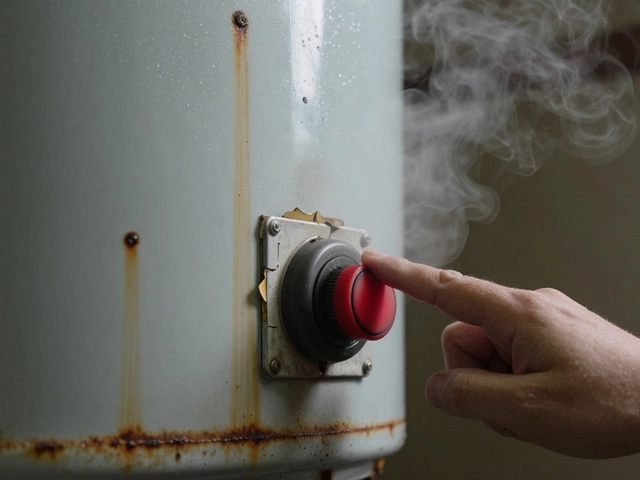Water Heater Lifespan & Maintenance Tips
Ever wonder why your shower suddenly turns cold? Most of the time it’s not a plumbing mishap – it’s your water heater showing signs of wear. Knowing how long a water heater should last and what you can do to keep it running smooth saves money and stops those icy surprises.
Water heaters come in two main flavors: electric and gas. Both have moving parts that age, but the overall life expectancy is pretty similar when you look after them. On average, a good unit lasts between 8 and 12 years. Some last 15 years if you’re diligent about maintenance, while cheap models can give up after just five.
How Long Does a Water Heater Usually Last?
The rule of thumb is 10 years for most residential heaters. Here’s a quick breakdown:
- Electric tanks: 8‑10 years – they have fewer parts, so corrosion is the main enemy.
- Gas tanks: 10‑12 years – the burner and vent can wear, plus the tank itself can rust.
- Tankless models: 15‑20 years – they don’t store water, so there’s less chance of rust, but the heat exchanger still needs care.
These numbers aren’t set in stone. Hard water, high usage, and poor installation can shave years off the clock. Conversely, a well‑maintained unit in a mild climate can stretch beyond the average.
Signs It’s Time to Replace Your Water Heater
Spotting trouble early is cheaper than waiting for a total failure. Keep an eye out for these red flags:
- Strange noises – rumbling, popping, or whining often mean sediment buildup.
- Leaking water – any puddle around the base is a sign the tank is corroding.
- Reduced hot water – if you’re running out faster than before, the heating element or burner may be failing.
- Rusty water – discolored water indicates internal rust, which can damage pipes.
- Age – once you hit the 10‑year mark, start budgeting for a replacement even if everything seems fine.
When you notice any of these, schedule an inspection. A qualified technician can flush the tank, replace the anode rod, or confirm that a full swap is needed.
Regular maintenance is the cheapest insurance policy. Flushing the tank once a year removes mineral buildup that causes those noisy pops. Checking and replacing the anode rod every 2‑3 years stops corrosion on the inside of the tank. Finally, test the pressure‑relief valve – a faulty valve can lead to dangerous over‑pressurization.
If you’re not comfortable doing these checks yourself, a quick call to a local repair service (like Weymouth Appliance Repair Services) will set you straight. They can spot issues before they become costly breakdowns.
Bottom line: a water heater isn’t a set‑it‑and‑forget‑it device. Keep tabs on age, listen for noises, and do a yearly flush. Doing so will stretch its life, keep your showers warm, and avoid surprise repair bills.
Ready to give your heater some love? Grab a garden hose, turn off the power or gas, and start the flushing process. If you hit a snag, don’t sweat it – a professional can handle the heavy lifting. With a bit of attention, you’ll enjoy reliable hot water for years to come.
How Long Should You Hold the Reset Button on a Water Heater? Step-by-Step Help
- Alden Wilder
- Jul 17 2025
- 0 Comments
Find out how long to press your water heater reset button safely, why it trips, and what steps to take if it won't reset. Easy help for hot water issues.
View MoreIs Rheem or AO Smith Better? A Straightforward Comparison for Water Heater Repair
- Alden Wilder
- Jun 4 2025
- 0 Comments
Trying to decide between Rheem and AO Smith for your water heater can get confusing fast. This article breaks down how both brands perform on key points like reliability, repair costs, and customer support. We’ll highlight real-world pros and cons for each, plus share insider tips so you don’t overspend fixing or replacing your water heater. You'll walk away with the info you actually need to make a smart choice for your home.
View MoreWater Heater Resetting: Why You Need To Do It Again and Again
- Alden Wilder
- May 22 2025
- 0 Comments
Tired of running out of hot water and constantly hitting the reset button on your water heater? This article explores the main reasons behind this annoying routine, details the warning signs of deeper problems, and breaks down the parts that might be failing. Get straightforward troubleshooting steps and learn handy tips to keep the hot water flowing without repeat resets. You’ll even find out when it’s time to call a pro versus handling repairs yourself. Stop guessing and start understanding what’s really going on with your water heater.
View More



